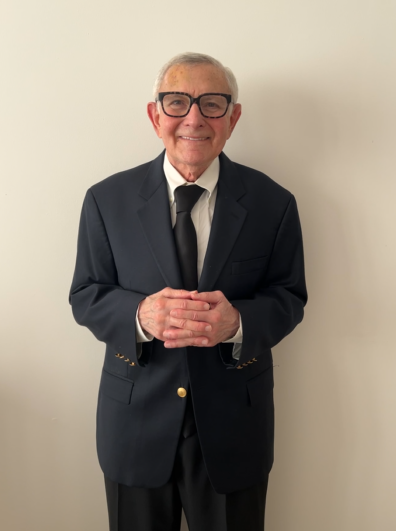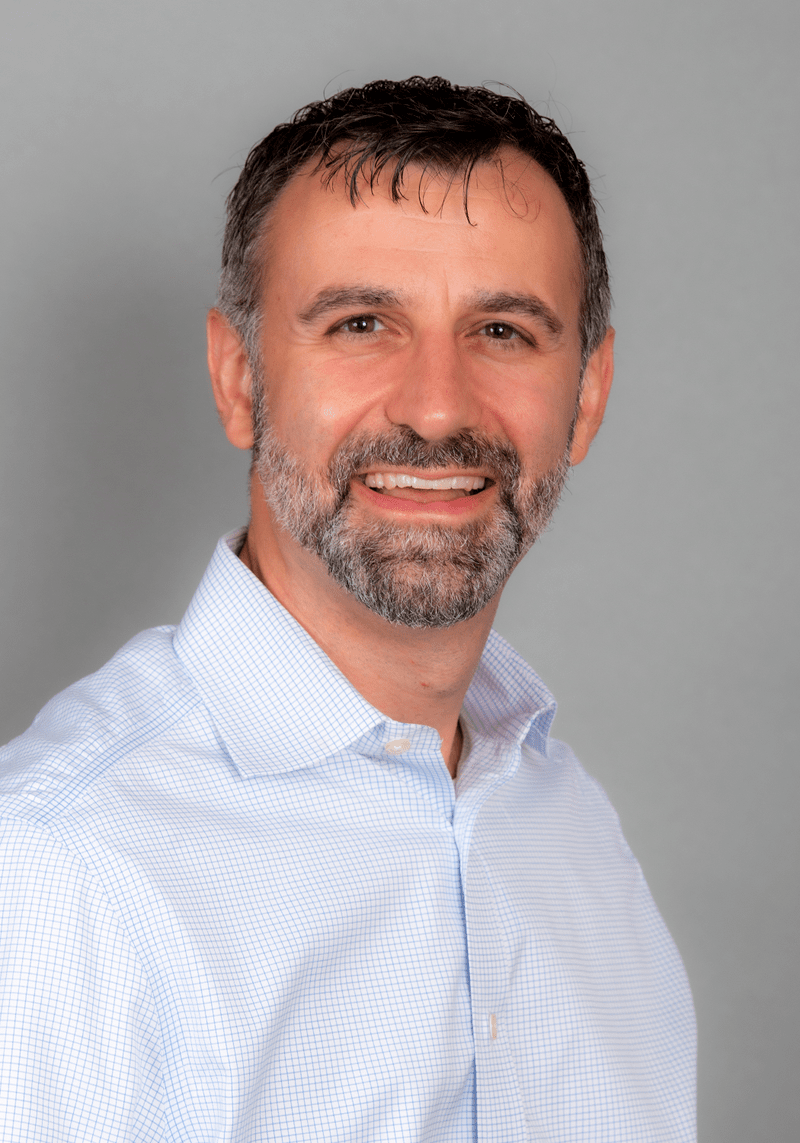


result
Phil Lieberman, MD, FAAAAI, Recounts his 60-Year Career in Allergy/Immunology
Phil Lieberman, MD, FAAAAI, Recounts his 60-Year Career in Allergy/Immunology
He will receive the Lifetime Contribution to the AAAAI and Allergy/Immunology Specialty Award in 2026

Phil Lieberman, MD, FAAAAI
Phil Lieberman, MD, FAAAAI, saw his first patient in practice in 1965. From that time to now, a lot has changed in the allergy/immunology (A/I) field, but Dr. Lieberman’s love of the specialty has never wavered.
Over the course of 60 years of service to the A/I field, Dr. Lieberman has authored over 600 publications, mentored hundreds of students and treated thousands of patients. He will receive the Lifetime Contribution to the AAAAI and Allergy/Immunology Specialty Award in 2026 during the 2026 AAAAI Annual Meeting.
Dr. Lieberman credits his entrance into the field of A/I to two mentors who were icons in the field. He met his first mentor, Gene Stollerman, MD, during his internal medicine residency at the University of Tennessee. “Dr. Stollerman was a mesmerizing teacher,” Dr. Lieberman said. “He could fascinate one for hours talking about the dryest topics in medicine. In fact, I delayed my training to stay as a chief resident to work under him for longer. That extra year was one of the most formative in my learning the practice of medicine.”
He recalled how Dr. Stollerman promised him that he could secure him anywhere he wished for specialty training. Dr Lieberman requested to specialize in gastroenterology in California. His mentor made a counteroffer. “Dr. Stollerman said ‘no, you want to go to Chicago and study allergy with Roy Patterson, MD, FAAAAI, and after, come back to Tennessee to be our Chief of Allergy. One didn’t say ‘no’ to Dr. Stollerman. So, I went to Chicago where I worked with my next key mentor, Dr. Patterson.”
Dr. Lieberman’s A/I training at Northwestern University Medical School under Dr. Patterson was much different than his training under Dr. Stollerman. “Dr. Patterson’s teaching style was more taciturn than Dr. Stollerman’s,” Dr. Lieberman said. “He rarely said anything but what he did say was instantly respected, and people did exactly what he asked. Both of my mentors were brilliant men, and I was blessed to train under them.”
After Dr. Lieberman’s allergy training concluded, Dr. Patterson offered him a position, as did Dr. Stollerman. “It was an incredibly difficult choice,” Dr. Lieberman said. “In the end, an illness in the family helped me make the choice to return to Tennessee. I’ve been practicing here since 1965, up until about six months ago when I was diagnosed with back problems and could no longer practice.”
In that time, Dr. Lieberman has seen a lot of changes, both bad and good. “I’ve watched as physicians lost their traditional place in society as insurance conglomerates gained more authority over what we could do,” he explained. “It’s a serious problem. But the good of practice has outweighed the bad, and what has kept me going has been the progression of science that has led to changes in the field I couldn’t have dreamed of when I first started. We now have the means to extend lives and treat conditions that were at one time fatal.”
IgE had just been discovered the year before Dr. Lieberman began training. The first paper that showed that steroids (injections) helped asthmatics was published about a year before he entered practice. “Just imagine – a diagnosis of adult onset, intrinsic asthma had a 50% fatality rate of five years,” Dr. Lieberman said. “Now patients with asthma can live the same amount of time as someone who doesn’t have asthma, thanks to the incredible advances in the field. It’s advancements like this that kept me active in medicine for so long.”

Barbara Lieberman
His career wouldn’t have been possible, though, without a lot of help. “A doctor is not a lone operator. He needs a family that takes care of other things if he is to practice full blast,” Dr. Lieberman said. “I was well-versed in medicine but not in caring for a home. I could run a practice, but I couldn’t run a dishwasher, and I didn’t know where our grocery store was. My wonderful wife, Barbara, never complained when I didn’t make it home for supper. She took care of our home and our children, who, thanks to her, all turned out great. My third born son, Jay, now works as chief of A/I at the University of Tennessee – Memphis, just like I used to.”
The support Dr Lieberman has had during his career extended far beyond his family. “I’m blessed to have great friends and associates. I published extensively with F. Estelle R. Simons, MD, FAAAAI, and shared the philosophy of medicine with Richard F. Lockey, MD, FAAAAI. And there are so many others. I don’t want to hurt feelings by not mentioning names, but there’s so many others I’ve had the pleasure of knowing throughout my career. In addition, those of us who have served as President of the AAAAI are a community of readymade friends as well.”
When asked what advice he has for medical students looking at the field, he said, “Go at it! I would encourage anyone who has an interest in A/I to make that their choice. It opens so many doors for you. When I entered the field there was no ownership of immunology. Other disciplines were trying to get the tag “immunology.” We vied with Rheumatology, Nephrology and others. But in the end, it became a part of allergy which opened to our discipline a whole new field that will never stop expanding. A/I offers a never-ending source of patients who are interesting and challenging that will keep you engaged during your entire career.”

Jay A. Lieberman, MD, FAAAAI
Jay A. Lieberman, MD, FAAAAI, son of Phil and Barbara Liberman, will accept the 2026 Lifetime Contribution to the AAAAI and Allergy/Immunology Specialty Award on behalf of his father during the 2026 AAAAI Annual Meeting, as his father will be unable to attend in person.
You can find a list of all the AAAAI 2026 Honorary Award recipients here.




